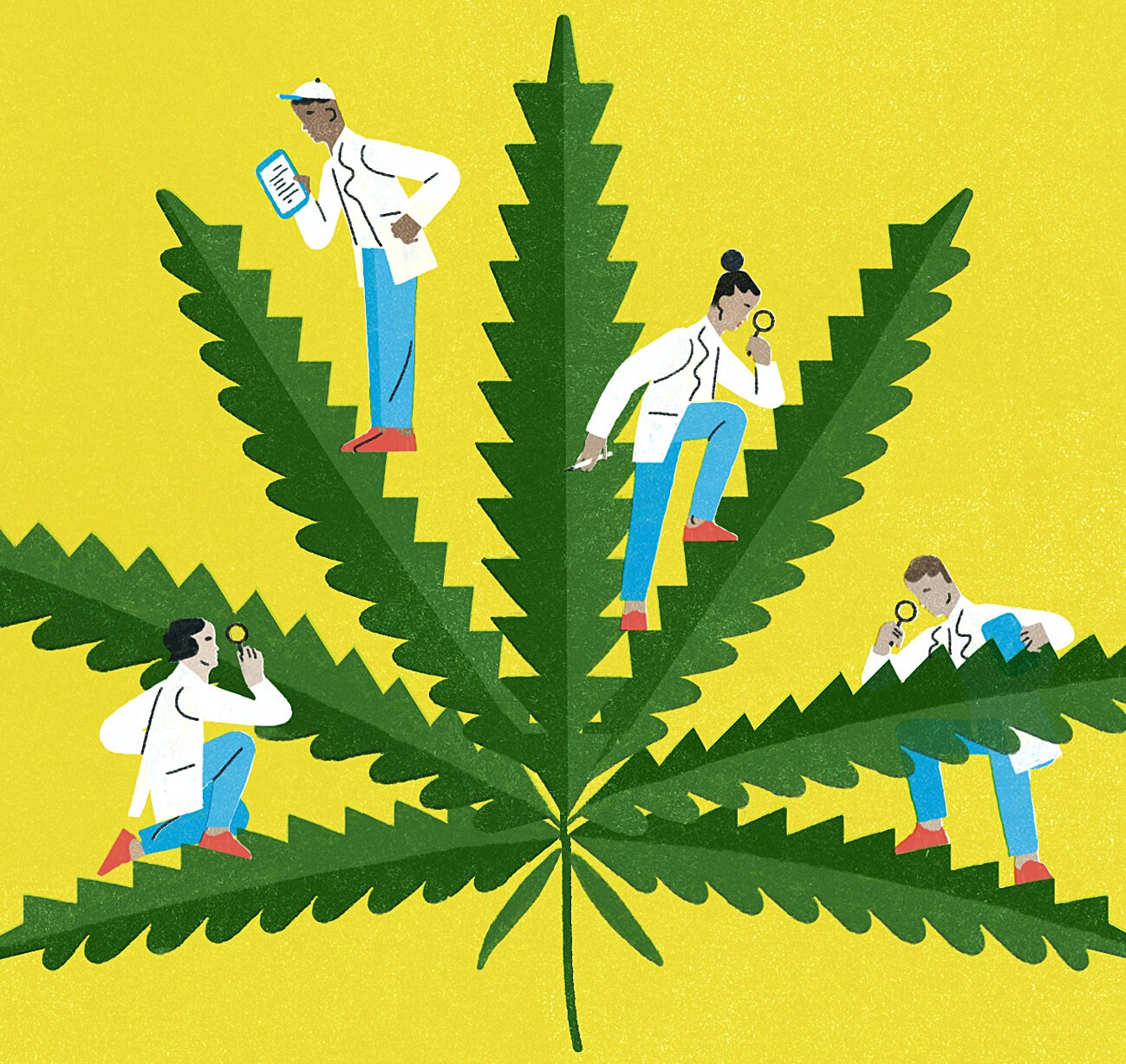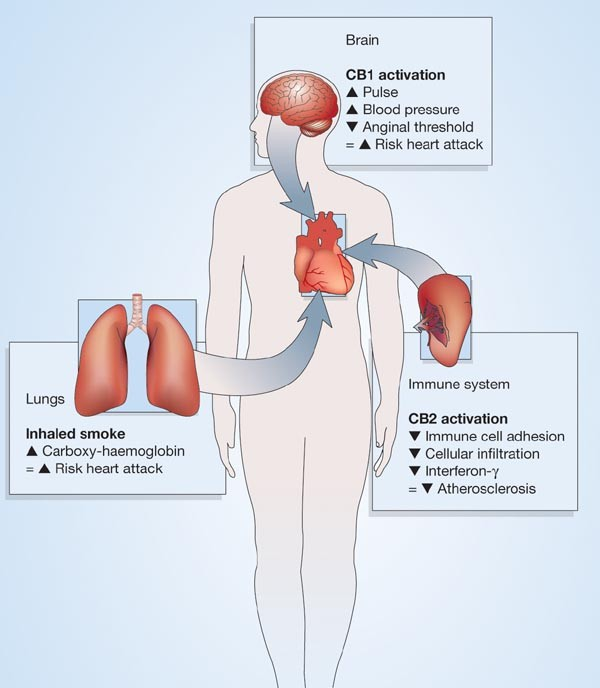Cannabis, also known as marijuana, has been used for medicinal and recreational purposes for centuries. With the increasing legalization of cannabis in many countries. There has been a growing interest in the potential health benefits and risks associated with its use. One area of concern is the impact of cannabis on cardiac health.
While some studies suggest that cannabis use may have a beneficial effect on certain aspects of heart health. Others have raised concerns about the potential for cannabis to cause negative effects on the cardiovascular system. In this article, we will explore the connection between cannabis and cardiac health. Examining both the potential benefits and risks of cannabis use for the heart.

Introduction to Cannabis and Cardiac Health
Cannabis is a complex plant with over 100 cannabinoids, the most well-known being tetrahydrocannabinol (THC) and cannabidiol (CBD). THC is responsible for the psychoactive effects with cannabis use. While CBD has a variety of therapeutic effects without producing a high.
The endocannabinoid system, which is present in humans and other animals, is responsible for regulating a range of physiological processes including pain, mood, and appetite. It is also involved in regulating cardiovascular function, including heart rate and blood pressure.
Given the involvement of the endocannabinoid system in cardiovascular regulation. It isn’t surprising that cannabis use links to changes in heart rate and blood pressure. However, the nature of these changes and their potential impact on cardiovascular health is still a matter of debate.
On the one hand, some studies have suggested that cannabis use may have cardiac protective effects. For example, a study published in the American Journal of Medicine. They found that cannabis users had a lower risk of metabolic syndrome. A cluster of conditions that increases the risk of heart disease, stroke, and diabetes. Another study published in the Journal of the American College of Cardiology found that cannabis use was associated with a lower risk of atrial fibrillation. A type of irregular heartbeat that can increase the risk of stroke and heart failure.
On the other hand, other studies have raised concerns about the potential negative effects of cannabis on the cardiovascular system. For example, a study published in the European Heart Journal found that cannabis use was associated with an increased risk of heart attack. Especially in younger users. Another study published in the Journal of the American Heart Association found that cannabis use has a higher risk of hypertension. Which is a major risk factor for heart disease and stroke.
Cannabis and Heart Rate
The magnitude and duration of the increase in heart rate depend on a number of factors. Including the dose of THC, the method of administration, and the individual’s tolerance to cannabis. In general, the increase in heart rate is greatest immediately after cannabis use and typically lasts for about 30 minutes to an hour.
While an increase in heart rate may be of concern for some individuals. It is generally a normal physiological response to cannabis use and does not usually come with any serious adverse effects on cardiovascular health. However, individuals with pre-existing cardiovascular conditions, such as hypertension or heart disease. It may be at greater risk of experiencing negative effects on cardiovascular health.
In rare cases, cannabis use has more serious cardiac health, such as myocardial infarction (heart attack) and sudden cardiac death. However, the exact relationship between cannabis use and these events is not well understood. As well as, We need more research to determine the extent of this risk and the factors that may contribute to it.

Cannabis and Blood Pressure
Cannabis use has been shown to have both short-term and long-term effects on blood pressure. In the short-term, cannabis use can cause an initial increase in blood pressure. Following a decrease in blood pressure. The initial increase in blood pressure is thought to be due to the activation of the sympathetic nervous system. However, the subsequent decrease in blood pressure may be due to the vasodilatory effects of cannabinoids.
In the long-term, the effects of cannabis use on blood pressure are less clear. Some studies have suggested that chronic cannabis use may lead to sustained increases in blood pressure. While others have found no significant effect on blood pressure.
The effects of cannabis use on blood pressure may also depend on the individual’s baseline blood pressure and other factors. Such as age, sex, and body mass index. For example, one study found that cannabis use has a greater increase in blood pressure in older individuals compared to younger individuals.
Cannabis and Heart Disease
The relationship between cannabis use and the development of heart disease is a topic of ongoing research and debate. While some studies have suggested that cannabis use may increase the risk of heart disease, others have found no significant association.
One potential mechanism by which cannabis use may contribute to the development of heart disease is through its effects on cardiovascular risk factors such as blood pressure, heart rate, and cholesterol levels. As discussed previously, cannabis use can cause an initial increase in heart rate and blood pressure, which may increase the risk of cardiovascular events in individuals with pre-existing cardiovascular conditions.
In addition, chronic cannabis use has been associated with changes in lipid metabolism, including increases in low-density lipoprotein (LDL) cholesterol (often referred to as “bad” cholesterol) and decreases in high-density lipoprotein (HDL) cholesterol (often referred to as “good” cholesterol). These changes in lipid metabolism may increase the risk of atherosclerosis and cardiovascular disease.

Conclusion: Cannabis and Cardiac Health
The use of cannabis has become increasingly popular in recent years, as more states and countries have legalized its use for medicinal and/or recreational purposes. However, the potential effects of cannabis and cardiac health remain a topic of ongoing research and debate.
The endocannabinoid system has been shown to play an important role in cardiovascular health. As the effects of cannabis on this system can have both short-term and long-term effects on blood pressure, heart rate, and lipid metabolism. While some studies have suggested that cannabis use may increase the risk of heart disease, others have suggested potential cardioprotective effects.
Overall, the effects of cannabis on cardiovascular health are complex and depend on a variety of factors. Including the individual’s baseline cardiovascular health and other risk factors. While short-term increases in heart rate and blood pressure are generally to be benign and not a cause for concern for healthy individuals. Individuals with pre-existing cardiovascular conditions should exercise caution when using cannabis. As they should consult with their healthcare provider before doing so.






























































